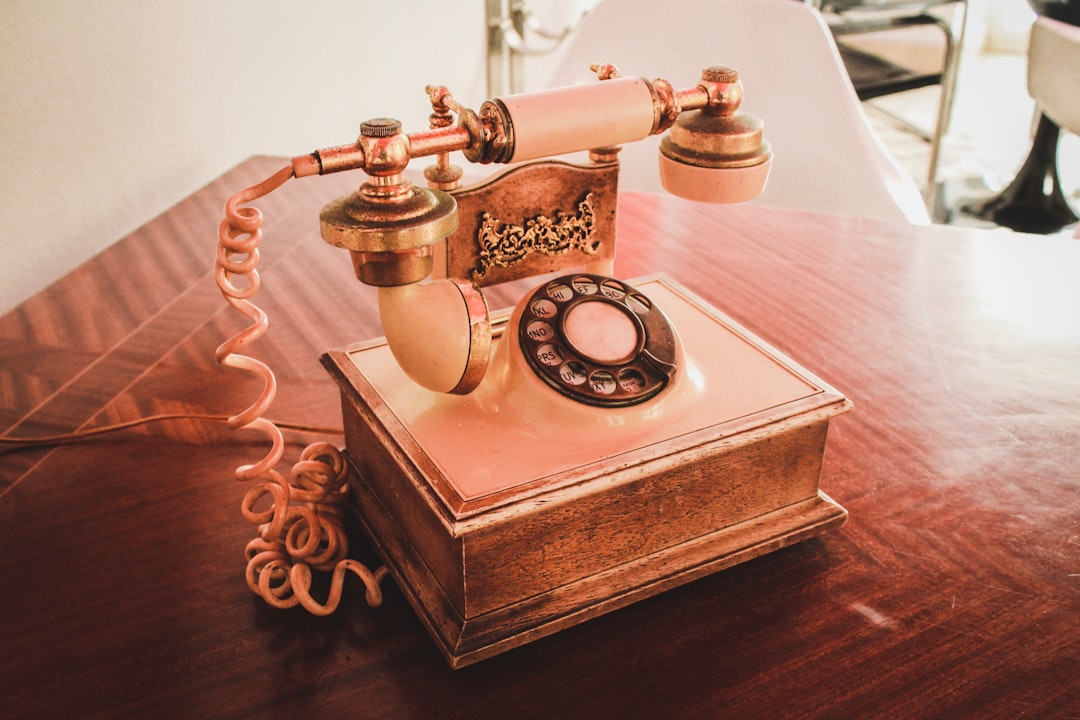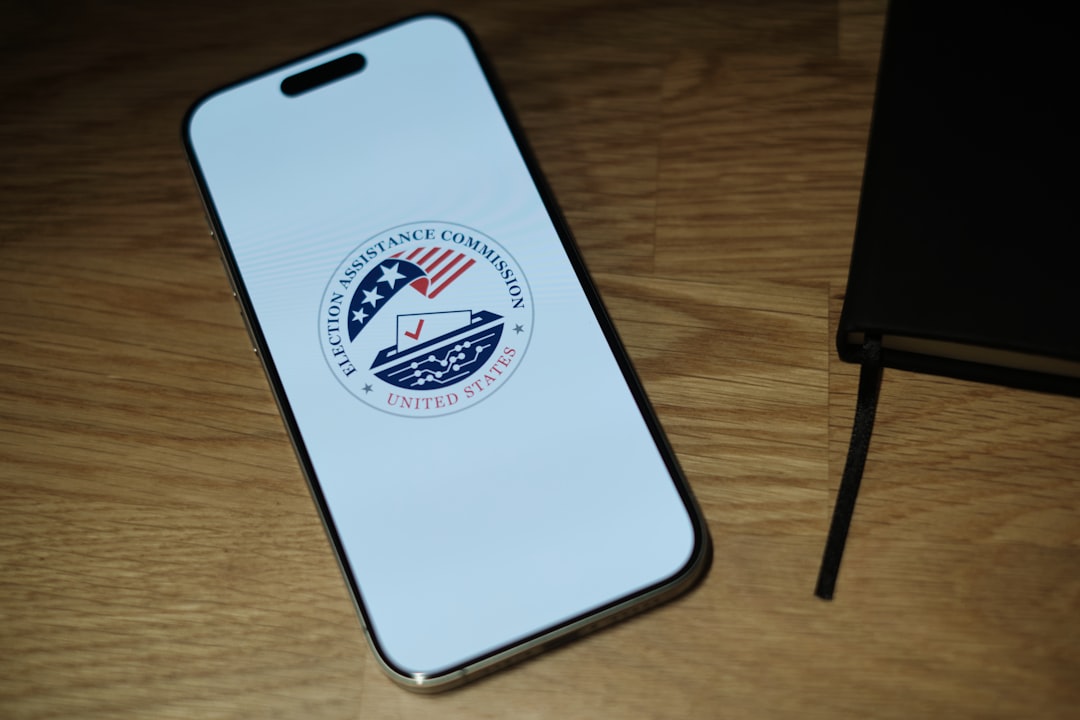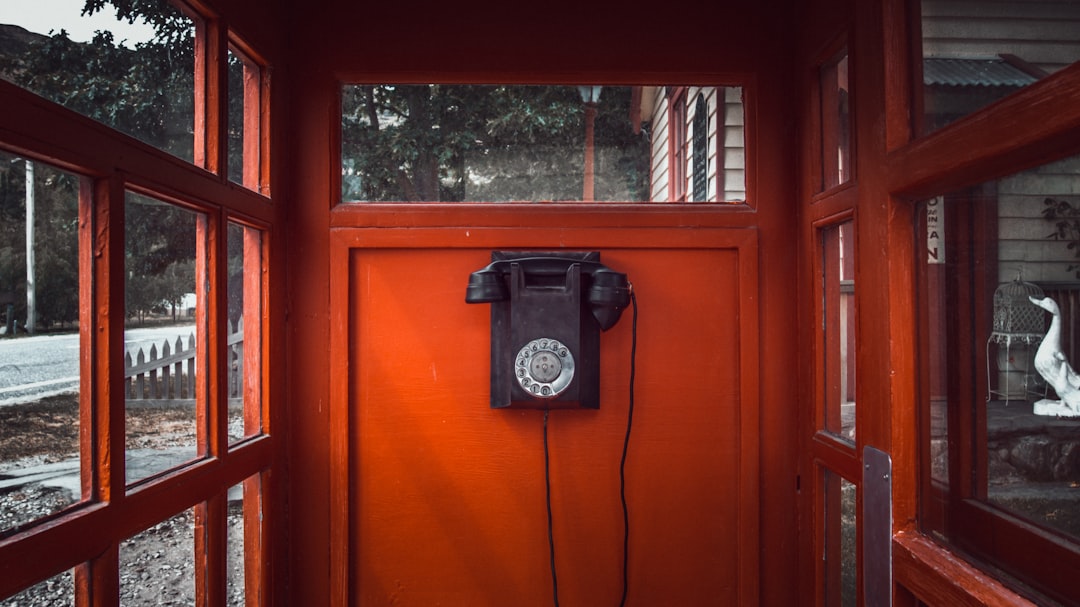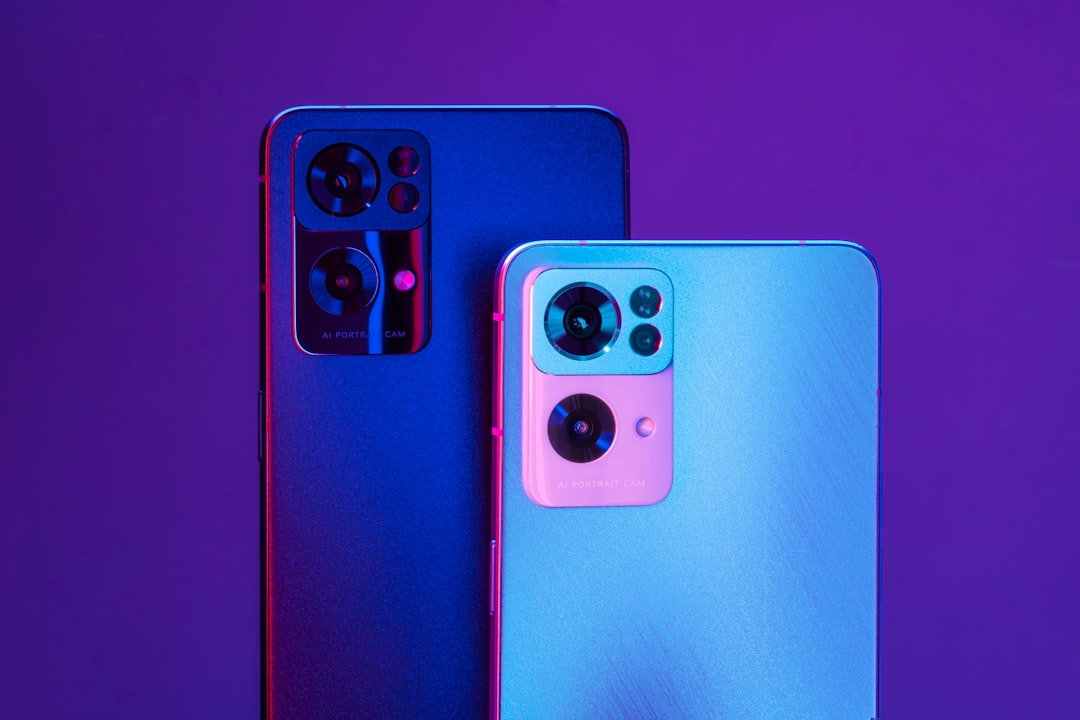Connecticut's "Do Not Call" laws protect residents from most telemarketing calls, but key exemptions exist for professional activities like financial institutions, political campaigns, prior written consent, and business-to-business communications. Businesses and individuals must register correctly to benefit from these exemptions. Legal experts, such as Do Not Call Lawyers in Connecticut, can provide assistance in interpreting the laws and ensuring compliance, protecting against penalties, and allowing legitimate communication to proceed.
“In Connecticut, understanding and adhering to do-not-call laws are essential to avoid unwanted solicitation. This article serves as a comprehensive guide for both consumers and business owners navigating the complex landscape of Connecticut’s do-not-call regulations. We explore key exemptions, including when a lawyer is not considered a salesperson, to help you identify valid do-not-call protections. Discover specific exemptions and learn about the process to register or challenge them, ensuring compliance with spam call laws and leveraging legal expertise from Connecticut do-not-call lawyers.”
Understanding Connecticut's Do Not Call Laws: Who is Exempt?

Connecticut’s “Do Not Call” laws are designed to protect residents from unwanted telemarketing calls and messages, but not everyone is subject to these regulations. Key exemptions exist for specific groups and types of communication, ensuring a balance between consumer privacy and business marketing efforts. One prominent category of exemptions involves organizations and individuals engaged in certain professional activities, such as financial institutions, charitable organizations, and political campaigns. These entities often have legal permission to contact residents for legitimate purposes without violating the state’s do-not-call rules.
Additionally, calls made with prior written consent, like those from a customer who signed up for a company’s marketing list or agreed to receive text messages, are exempt. Similarly, business-to-business (B2B) communications, which are not targeted at individual consumers, are generally not restricted under Connecticut’s do-not-call laws. These exemptions highlight the nuanced nature of privacy regulations and ensure that businesses can continue their operations while respecting residents’ rights to avoid unwanted solicitations. For those who believe their rights have been violated, consulting with a Do Not Call Lawyer or Do Not Call Attorney in Connecticut is advisable, especially when dealing with potential spam call law issues under the state’s specific laws.
When a Lawyer is Not Consider a Salesperson: Specific Exemptions

In Connecticut, the do not call laws are designed to protect residents from unwanted telemarketing calls, but there are specific exemptions for certain professionals, including lawyers and attorneys. When it comes to a Do Not Call Lawyer Connecticut or a Do Not Call Attorney Connecticut, these individuals are exempt from certain restrictions under the state’s spam call laws. This exemption acknowledges that their communication is often not considered commercial in nature, but rather a necessary part of providing legal services.
The exemption specifically applies when a lawyer is reaching out to potential clients who have previously sought their advice or representation. It also includes communications related to ongoing legal matters or follow-ups on existing cases. This means that a lawyer for Do Not Call Laws Connecticut can contact these individuals without fear of violating the state’s Do Not Call Law firms Connecticut regulations, as long as the purpose is not to promote services but rather to discuss pending or previous legal matters.
Navigating the Exemption Process: What You Need to Know as a Consumer or Business Owner

Navigating the exemption process under Connecticut’s do-not-call laws can seem daunting, but understanding your rights and options is essential. If you’re a consumer or business owner, the first step is to familiarize yourself with the specific regulations. Connecticut offers various exemptions to its do-not-call laws, allowing certain types of calls to proceed without restriction. These include calls from political organizations, non-profit groups, and companies with which you have an existing business relationship.
To benefit from these exemptions, businesses and individuals should ensure they register appropriately and follow the legal guidelines. For instance, political campaigns and charities must comply with unique rules, often requiring official registration or recognition by the state. Legal experts, such as do-not-call lawyers in Connecticut, can provide invaluable assistance in interpreting these laws and helping you understand your rights under each exemption. This ensures compliance and protects against potential penalties while allowing legitimate communication to reach its intended recipients without interference from spam call law firms.






